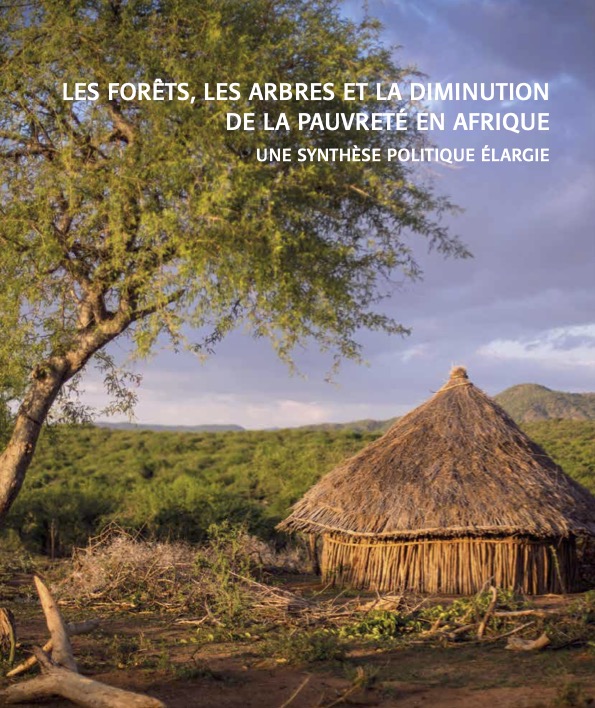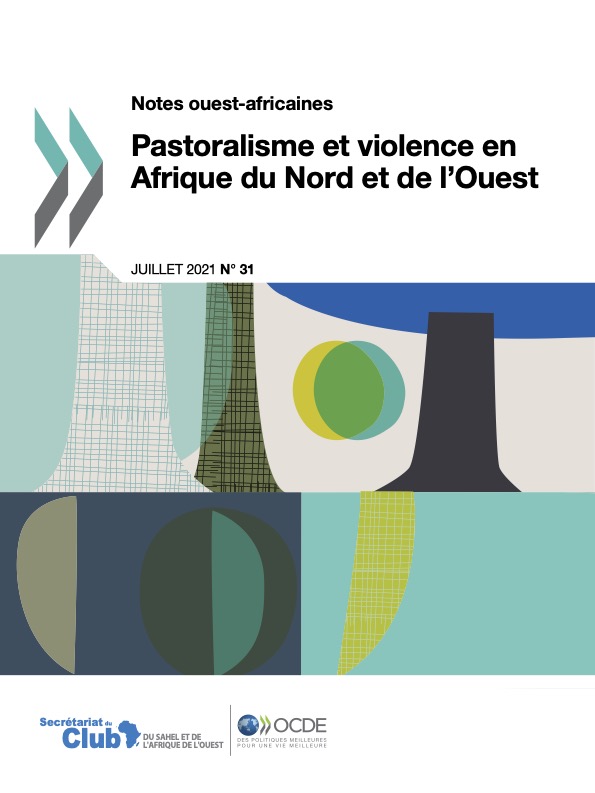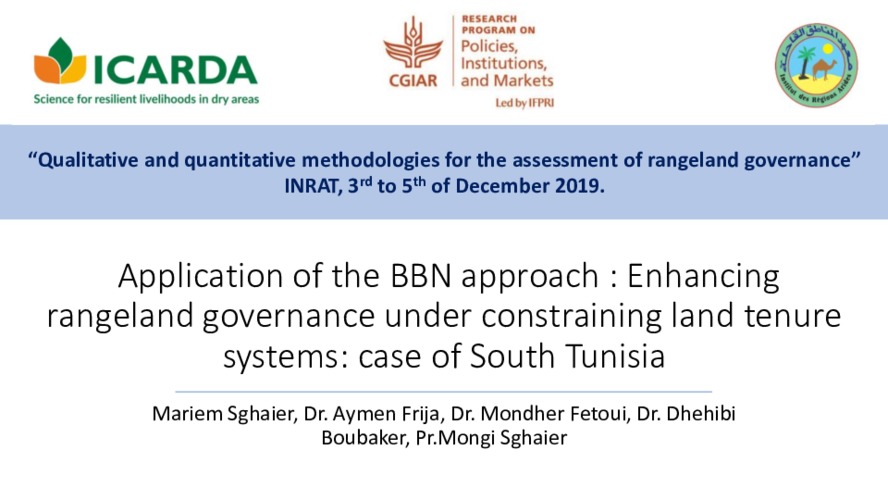This one-pager provides details on the LAND-at-scale project in Egypt. This project is implemented by GIZ Egypt, and financed by the Ministry of Foreign Affairs via the Netherlands Enterprise & Development Agency (RVO).
Dans les pays du Sud, l’accès à la terre et à ses ressources, son contrôle et ses usages représentent des questions cruciales. Au cœur des défis de la construction de l’État, du développement agricole, de la sécurité alimentaire et de la durabilité environnementale, le foncier est aussi un…
Dans les pays du Sud, l’accès à la terre et à ses ressources, son contrôle et ses usages représentent des questions cruciales. Au cœur des défis de la construction de l’État, du développement agricole, de la sécurité alimentaire et de la durabilité environnementale, le foncier est aussi un…
Within the framework of the priorities and activities of NELGA, a study was planned on the need’s analysis on training, continuing education and Research in North Africa for implementing convenient strategies and programmes. The expected outcomes must reflect the reality of the problems related…
Malgré la richesse en ressources naturelles, la pauvreté reste un défi majeur dans les pays d'Afrique. Le continent abrite 70 % des personnes extrêmement pauvres du monde, dont beaucoup dépendent souvent des forêts, des arbres et des services écosystémiques qu'ils fournissent pour…
Cette étude examine l’évolution géographique et temporelle de la violence impliquant les communautés pastorales. Elle s’appuie sur l’analyse de plus de 36 000 évènements violents en Afrique du Nord et de l’Ouest entre janvier 1997 et avril 2020 dans lesquels 206 groupes pastoraux ont été…
It is widely understood that effective use of land, the sustainable production of food and development are linked. Yet, creating effective policy, which takes into account broader notions such as economic prosperity and social justice, especially in the context of competing claims to land use…
FOOD SYSTEMS ARE EVOLVING QUICKLY TO MEET GROWING AND CHANGING DEMAND, BUT THEY ARE NOT SERVING EVERYONE’S NEEDS. As we modernize food systems to make them climate-smart, healthy, and sustainable, we must also strive to make them inclusive of smallholders, youth, women, conflict-affected people…
Dust storms are capable of transporting sediment over thousands of kilometers, but due to the Middle East and North Africa (MENA) region’s proximity to the Sahara Desert, the region is one of the dustiest in the world. While natural sources such as the Sahara are the main contributors to dust…
The local cost-effective, raised-bed machine for small-scale farmers has been developed by ICARDA and its national partners to promote the adoption of raised-bed technology at a larger scale.
The presentation discusses the application of the Bayesian Belief Network (BBN) approach to enhance rangeland governance under constraining land tenure systems in the South of Tunisia.
Countries of the Near East, North Africa, Europe and Central Asia (NEN) region face a myriad of social, economic and political challenges that have stalled their structural and rural transformation processes. This has had a detrimental impacton rural youth, who, as a result, face limited…







